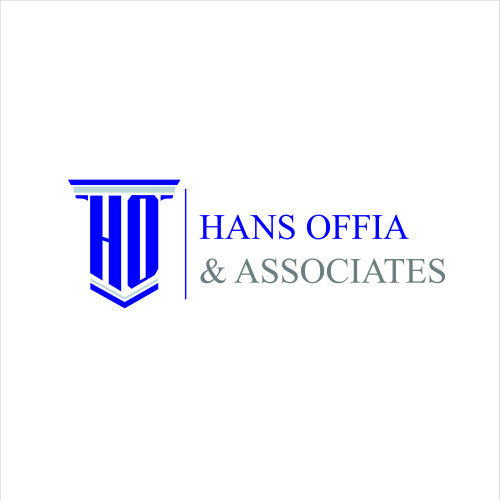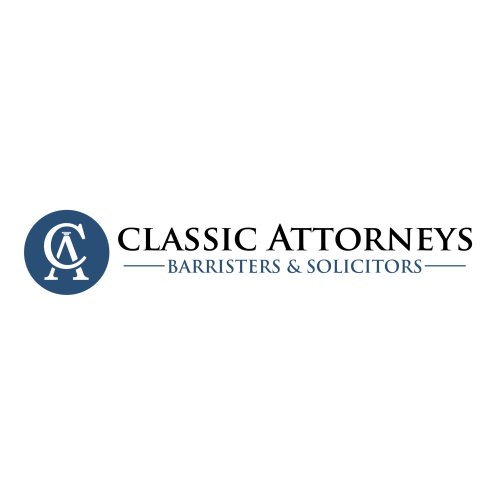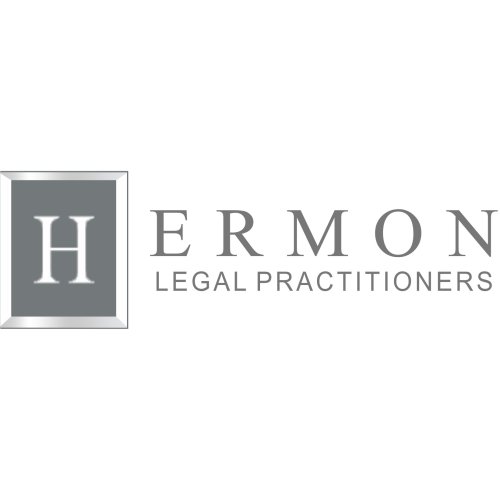Best Art & Cultural Property Law Lawyers in Lagos
Share your needs with us, get contacted by law firms.
Free. Takes 2 min.
List of the best lawyers in Lagos, Nigeria
Legal guides written by Adeola Oyinlade & Co:
- Procedure and Requirements for Work Permit and Visas in Nigeria
- The Step-By-Step Procedure of How to Apply for Microfinance Bank License Online in Nigeria
- How to Ensure the Smooth Recognition and Enforcement of Foreign Judgments in Nigeria
About Art & Cultural Property Law in Lagos, Nigeria
Art & Cultural Property Law in Lagos, Nigeria, encompasses the legal frameworks that govern artworks, artifacts, and cultural property within the state. This field of law focuses on the protection, preservation, and regulation of cultural heritage, including tangible and intangible assets such as art, historical monuments, and traditional knowledge. Lagos, known for its vibrant art scene and rich cultural heritage, has specific laws and regulations that aim to safeguard these assets while promoting cultural expression and creativity. Understanding these laws is crucial for artists, collectors, museums, and institutions involved in the creation, sale, and exhibition of cultural items.
Why You May Need a Lawyer
There are several situations where an individual or organization might require legal assistance in the realm of Art & Cultural Property Law:
- Art Ownership Disputes: Legal conflicts may arise over the ownership or provenance of an artwork or cultural artifact.
- Intellectual Property Protection: Artists often need legal help to protect their creations and ensure their rights are respected.
- Art Transaction Negotiations: Legal experts can assist in drafting, reviewing, and negotiating contracts for the sale or loan of artworks.
- Cultural Heritage Preservation: Institutions may seek legal counsel to ensure the proper preservation and legal compliance of cultural objects.
- Import and Export Regulations: Legal advice is often needed to navigate the complex regulations surrounding the import and export of cultural goods.
Local Laws Overview
Nigerian laws impacting Art & Cultural Property include the National Commission for Museums and Monuments Act, which governs the protection and management of cultural heritage in Nigeria. Lagos has additional regulations focused on the preservation of its unique cultural assets. Key aspects of these laws include:
- Protection Measures: Safeguards against the unauthorized sale and export of cultural property.
- Licensing Requirements: Legal stipulations for acquiring licenses to display or trade artworks.
- Restitution Policies: Processes for the return of stolen or illicitly traded cultural items.
- Cultural Property Registry: Maintaining records of significant artifacts to ensure their protection.
Frequently Asked Questions
What is cultural property?
Cultural property includes objects, sites, and expressions that hold historical, artistic, or spiritual significance and are integral to the cultural heritage of a community.
How is artwork protected under Nigerian law?
Artworks are protected under various intellectual property laws, including copyright, which grants creators exclusive rights to their works.
What legal documents are needed for an art sale?
Essential documents include a bill of sale, provenance certificate, and, when applicable, export licenses for the artwork.
Can cultural property be exported from Nigeria?
Exporting cultural property from Nigeria requires appropriate permits, and certain items may be restricted due to their cultural significance.
What should I do if I inherit a piece of art?
Seek legal advice to understand the value and provenance of the piece, assess any taxes or duties, and ensure legal ownership is properly transferred.
How do I authenticate a work of art?
Authentication involves verifying the provenance, artist, period, and materials of the piece, often requiring expertise from professional appraisers and historians.
Where can I report the theft of cultural property?
Theft of cultural property should be reported to local authorities and to organizations like the National Commission for Museums and Monuments.
Who enforces cultural property laws in Nigeria?
Enforcement is carried out by local law enforcement agencies, the National Commission for Museums and Monuments, and customs authorities.
How can cultural property laws affect artists in Lagos?
Artists must be aware of copyright laws and compliance related to the creation and sale of their work, which can directly impact their rights and income.
What is the importance of provenance in art transactions?
Provenance provides the history of an artwork's ownership, crucial for confirming authenticity and legality, and is often required in sales transactions.
Additional Resources
Individuals seeking more information on Art & Cultural Property Law can consult these resources:
- National Commission for Museums and Monuments: A key government body responsible for cultural heritage management.
- Lagos State Ministry of Tourism, Arts and Culture: Provides regulations and support for the local arts sector.
- Fem-in-art Legal Consultants: Specializes in legal matters related to arts and cultural property.
- International Council of Museums (ICOM): Offers guidelines and support for museum operations and cultural property protection.
Next Steps
If you require legal assistance, consider the following steps:
- Research and Consultation: Investigate lawyers or firms specializing in art law and schedule consultations to discuss your needs.
- Prepare Documentation: Gather all relevant information and documents related to your legal matter or inquiry.
- Engage a Specialist: Retain a lawyer with expertise in Art & Cultural Property Law to ensure informed advice and representation.
- Stay Informed: Keep abreast of changes in laws and regulations affecting art and cultural property through seminars, workshops, and legal updates.
Lawzana helps you find the best lawyers and law firms in Lagos through a curated and pre-screened list of qualified legal professionals. Our platform offers rankings and detailed profiles of attorneys and law firms, allowing you to compare based on practice areas, including Art & Cultural Property Law, experience, and client feedback.
Each profile includes a description of the firm's areas of practice, client reviews, team members and partners, year of establishment, spoken languages, office locations, contact information, social media presence, and any published articles or resources. Most firms on our platform speak English and are experienced in both local and international legal matters.
Get a quote from top-rated law firms in Lagos, Nigeria — quickly, securely, and without unnecessary hassle.
Disclaimer:
The information provided on this page is for general informational purposes only and does not constitute legal advice. While we strive to ensure the accuracy and relevance of the content, legal information may change over time, and interpretations of the law can vary. You should always consult with a qualified legal professional for advice specific to your situation.
We disclaim all liability for actions taken or not taken based on the content of this page. If you believe any information is incorrect or outdated, please contact us, and we will review and update it where appropriate.

















